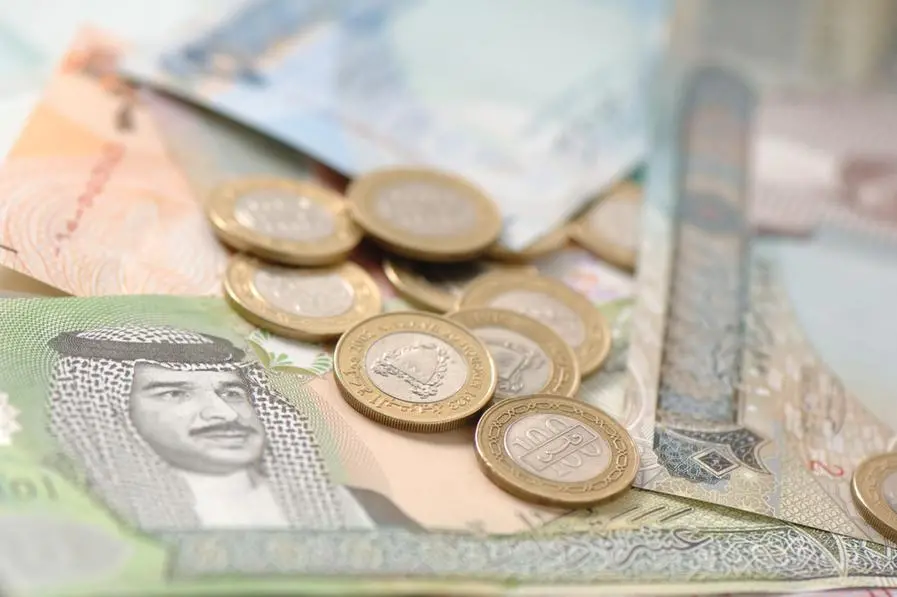PHOTO
Bahrain’s financial wealth is expected to grow 4.9 per cent every year reaching $89.1 billion by 2027, according to a new report by Boston Consulting Group (BCG).
The BCG report titled ‘Global Wealth Report 2023: Resetting the Course’ indicates that equities and investment funds in Bahrain remain the largest asset class, with a 56pc share of total personal wealth in 2022.
Furthermore, life insurance and pensions are expected to have the fastest Compound Annual Growth Rate (CAGR) of 7.3pc between 2022-2027, making it the fourth-largest asset class in the kingdom by 2027.
A key takeaway is that the kingdom’s financial wealth is growing at a faster rate than the regional average, thanks to the country’s calculated and measured approach to economic growth.
“Bahrain represents 1pc of the region’s financial wealth in 2022. Growing by 6.3pc per year from 2017, financial wealth has reached $70.2 billion in 2022, with a projection of $89.1 billion in 2027.
This speaks volumes about the kingdom’s calculated and measured approach leading to its economic growth,” BCG managing director and senior partner Markus Massi told the GDN.
In 2022, 42pc of Bahrain’s wealth came from Ultra High Net Worth (UHNW) individuals with more than $100 million in worth, and this number is expected to remain consistent until 2027.
Additionally, individuals’ worth between $1m and $20m held 16pc of the wealth in Bahrain in 2022, which is also expected to remain the same in 2027. Furthermore, individuals with a net worth under
$250,000 held 26pc of the wealth in Bahrain, and this number is anticipated to increase to 27pc by 2027.
“The contribution of high-value individuals to the country’s wealth signifies its steady economic progress. These individuals spur investment in the region and further cement Bahrain’s growth,” said BCG principal Farouk El Hosni.
The report also provides valuable findings on Bahrain’s real assets and liabilities.
It mentions that real assets in the country grew by 1.2pc per year from 2017-2022, and by 2027, they are projected to grow by 3.3pc per year to $76.7bn. During the same period, the liabilities sector expanded by 3.4pc per year to $4.8bn and is expected to expand to $5.7bn by 2027, a growth of 3.5pc per year. This balance of growth gives evidence of a nation that is confident in taking calculated risks while enhancing its all-around growth narrative.
The report outlines eight initiatives that wealth managers can take to improve their performance and positioning in the future. These initiatives include adopting scalable client acquisition techniques, offering distinctive private-market offerings, revising product shelves toward fixed-income products, and incorporating generative artificial intelligence in financial advice.
Wealth managers can also reduce costs by focusing on end-to-end (E2E) process review, making informed shoring decisions, utilising third-party tech and operational solutions, and simplifying products and services via advice-like discretionary portfolio management (DPM), it suggests.
The report also provides an in-depth analysis of the performance of wealth managers across different areas of business, focusing on market sizing and a long-term quest for profitability.
“To achieve long-term profitability in wealth management, initiatives like scalable client acquisition, distinctive private-market offerings, and the integration of new technologies in financial advice can spur revenue generation. Focus on cost management via reviews, decisions, and tech-based solutions is integral to strategic cost management,” concluded Mr Massi.
Copyright 2022 Al Hilal Publishing and Marketing Group Provided by SyndiGate Media Inc. (Syndigate.info).





















